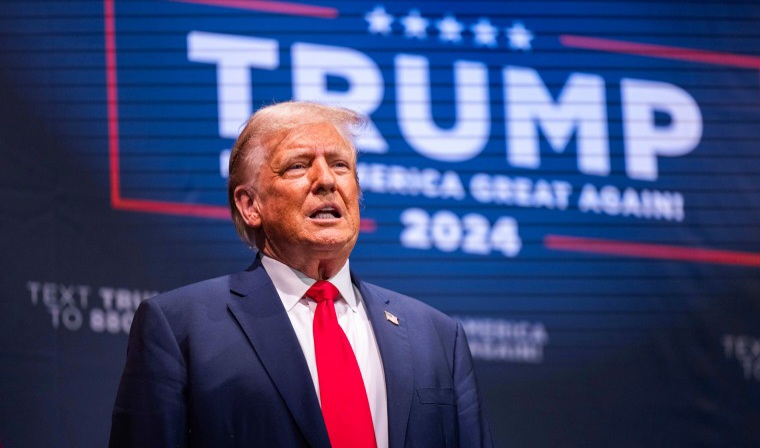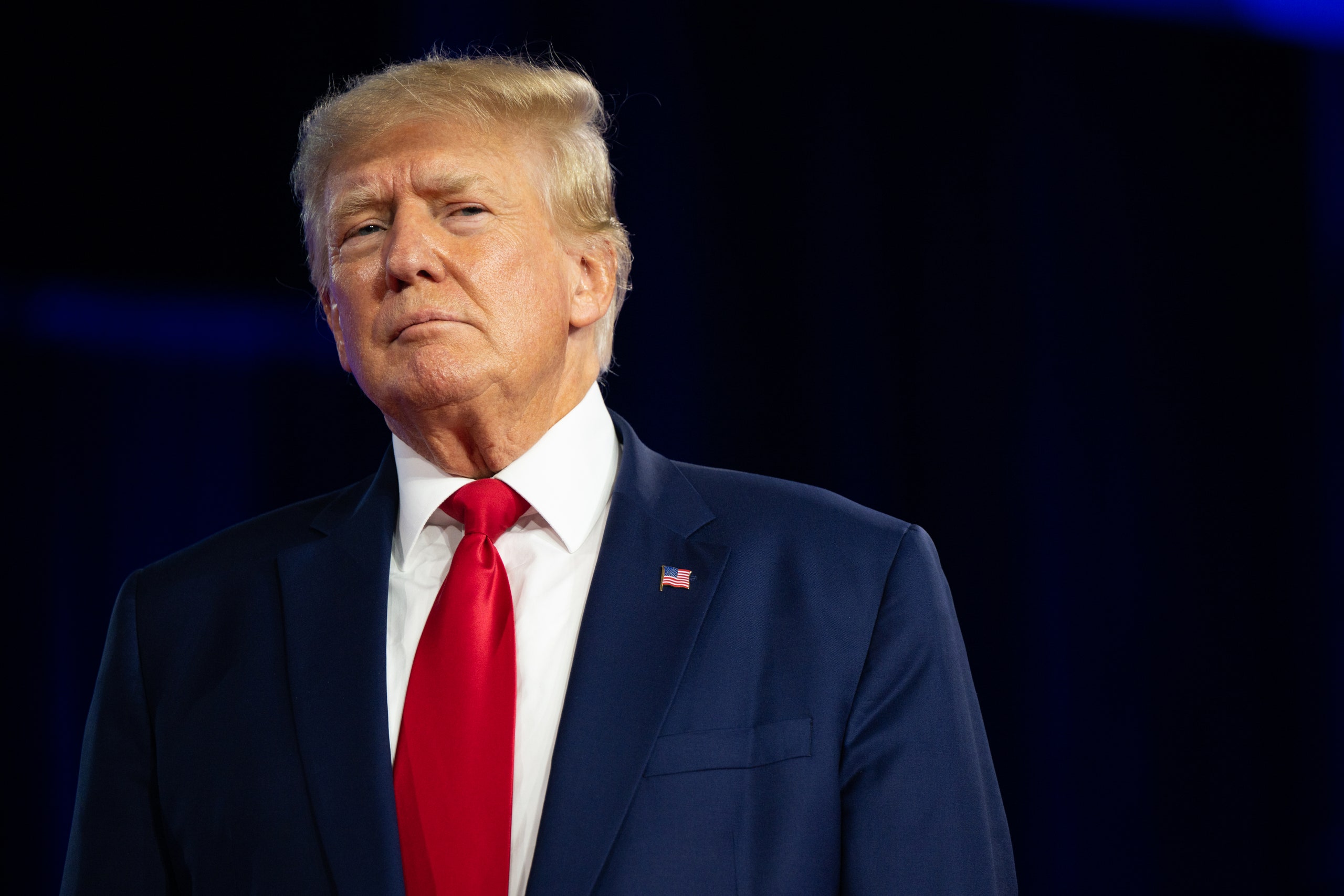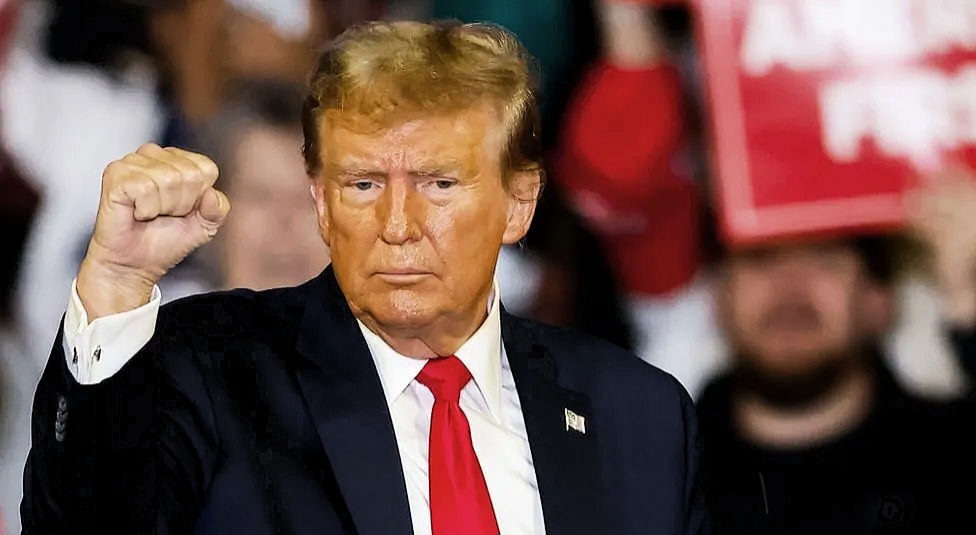The ruling in E. Jean Carroll’s case, along with a looming substantial judgment, may force the former president to consider selling off portions of his assets (donald trump)
Despite avoiding imprisonment and maintaining his position in the Republican presidential race Donald J. Trump faces a significant financial blow with the recent $83.3 million verdict in E. Jean Carroll’s civil defamation trial. This comes at a precarious juncture as Trump anticipates the potential imposition of another substantial penalty from a civil fraud case initiated by New York Attorney General Letitia James. With the combined impact of these judgments the former president confronts an unprecedented financial challenge potentially requiring the sale of assets.
While these payouts may not push Donald Trump toward bankruptcy considering his debated net worth in the billions they represent a distinct threat unlike any financial strain he has encountered in decades. Unlike the criminal indictments he faces these judgments do not endanger his freedom but could gradually chip away at his financial stability. A scrutiny of Trump’s financial records, insights from individuals close to him reveals that these developments may compel him to divest various assets in response to this dual financial threat.
The impending penalties not only pose a financial threat to Donald Trump but also strike at the core of his identity and ego. They challenge his narrative as a self-made mogul adept at navigating the justice system in his favor. Trump’s method of portraying legal challenges as a politically motivated “witch hunt” faces a critical test as the civil cases accumulate. Despite his dismissals of criminal cases as unlikely to dismantle his enterprise legal experts such as Steven M. Cohen foresee a potential risk of collapse due to the cumulative impact of these civil cases.
The verdict in Ms. Carroll’s defamation case which Donald Trump labeled “absolutely ridiculous” has visibly angered the former president. Steven Cheung a spokesman for Trump refrained from detailing how Trump plans to finance the Carroll judgment or the potential penalty from the civil fraud trial.
Cheung emphasized Trump’s prior success citing his “tremendously successful unparalleled business” built before his presidency without delving into specifics about addressing the financial implications of the recent legal setbacks.
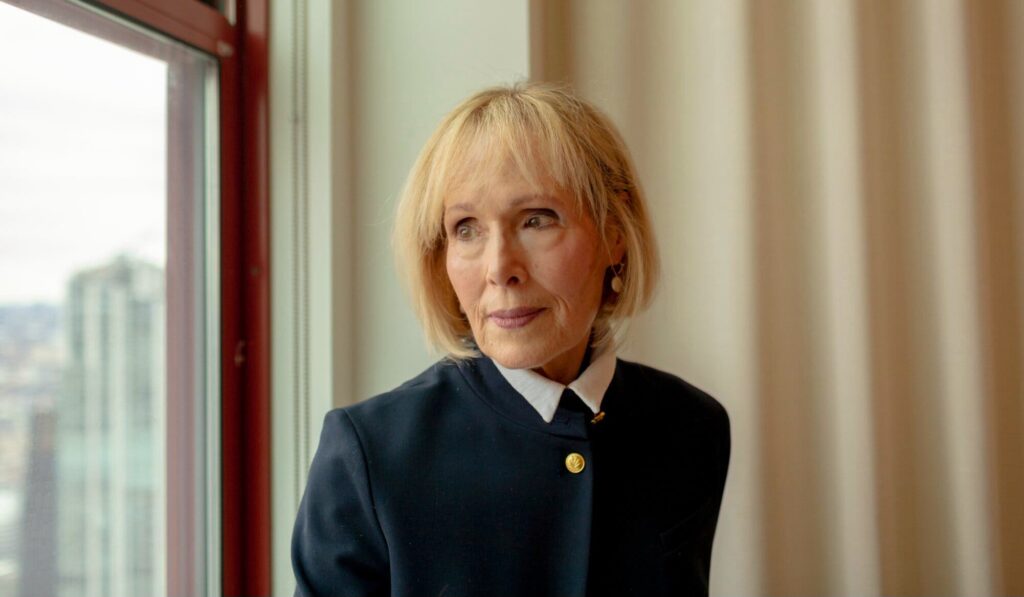
Trump’s spokesperson asserted that the unfavorable verdicts would be appealed and Trump remains confident that the legal challenges will be overcome maintaining his innocence. In a social media post Trump responded to the attorney general’s accusation of inflating his net worth declaring.
“I AM WORTH MUCH MORE THAN THE NUMBERS SHOWN ON MY FINANCIAL STATEMENTS”
While Donald Trump has faced substantial legal costs before the current tally is notably higher. He utilizes a political action committee initially funded by donations from his baseless claims of election fraud to cover a significant portion of legal fees in ongoing criminal cases. However experts suggest this PAC may only contribute a fraction of the $83.3 million awarded in the Carroll case.
As a result Trump might need to tap into his personal finances to fulfill the judgments. Despite claims from anonymous sources close to Trump asserting his financial capability independent verification is challenging due to the private nature of Trump’s family business. In a deposition for a case led by Attorney General Letitia James Trump stated having $400 million in cash available a figure The Times couldn’t independently verify given the lack of detailed public reports from Trump’s privately held company. The situation adds a new dimension to Donald Trump’s financial challenges potentially requiring him to dip into his own pockets for significant payouts.
While Donald Trump’s recent financial disclosure as a presidential candidate provides ranges rather than specific figures publicly available records and insights from those familiar with his finances suggest he possesses sufficient cash or market investments convertible to cash potentially covering the $83.3 million owed to Ms. Carroll.
However the situation could differ concerning the potential penalty in the civil fraud case led by Attorney General Letitia James. Seeking $370 million this significant amount if imposed might require Trump to liquidate a considerable portion of his investment portfolio or other assets. Judge Arthur F. Engoron overseeing the case has shown a sympathetic stance towards the attorney general’s arguments throughout the lengthy trial adding uncertainty to Trump’s financial outlook.
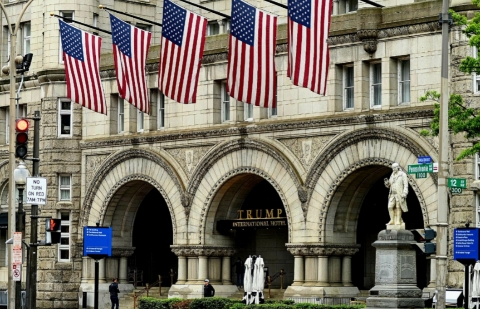
As Donald Trump entered the White House a memo from his longtime CFO Allen H. Weisselberg revealed the Trump Organization had $60 million in cash with over $26 million tied up in an inaccessible partnership.
Throughout his presidency financial statements submitted to lenders indicated Trump had between $75 million to $93 million in cash and “cash equivalents” annually as disclosed in Attorney General Letitia James’s case.
To address the recent judgments Trump might explore securing an appeal bond allowing him to avoid an upfront payment of the full amount. This approach signals his ability to pay while delaying actual disbursement pending the resolution of his appeals.
Securing an appeal bond for Donald Trump in light of the recent legal judgments poses significant challenges. Finding a company willing to issue the bond amid his legal troubles is a hurdle and even if successful the bond’s cost would likely be substantial around 110 percent of the verdict approximately $92 million in the case of E. Jean Carroll.
Moreover Trump would need to pay a significant premium to the bonding company offer considerable collateral (potentially exceeding the owed amount) and pay interest to Carroll and the State of New York. Pledging properties as collateral might not be an option instead the bonding company could demand liquid assets like certificates of deposit or Treasury bonds.
While Trump’s net worth has been a source of pride it now becomes a double-edged sword. During the recent trial Carroll’s lawyers argued for a steep punitive fine emphasizing Donald Trump’s substantial wealth. Trump’s lawyer objected indicating that certain assets mentioned such as Mar-a-Lago and the Miami golf resort belonged to his company rather than his personal assets. The complexities involved in addressing these financial challenges underscore the intricate nature of Trump’s legal and financial predicament.
He was overruled.






